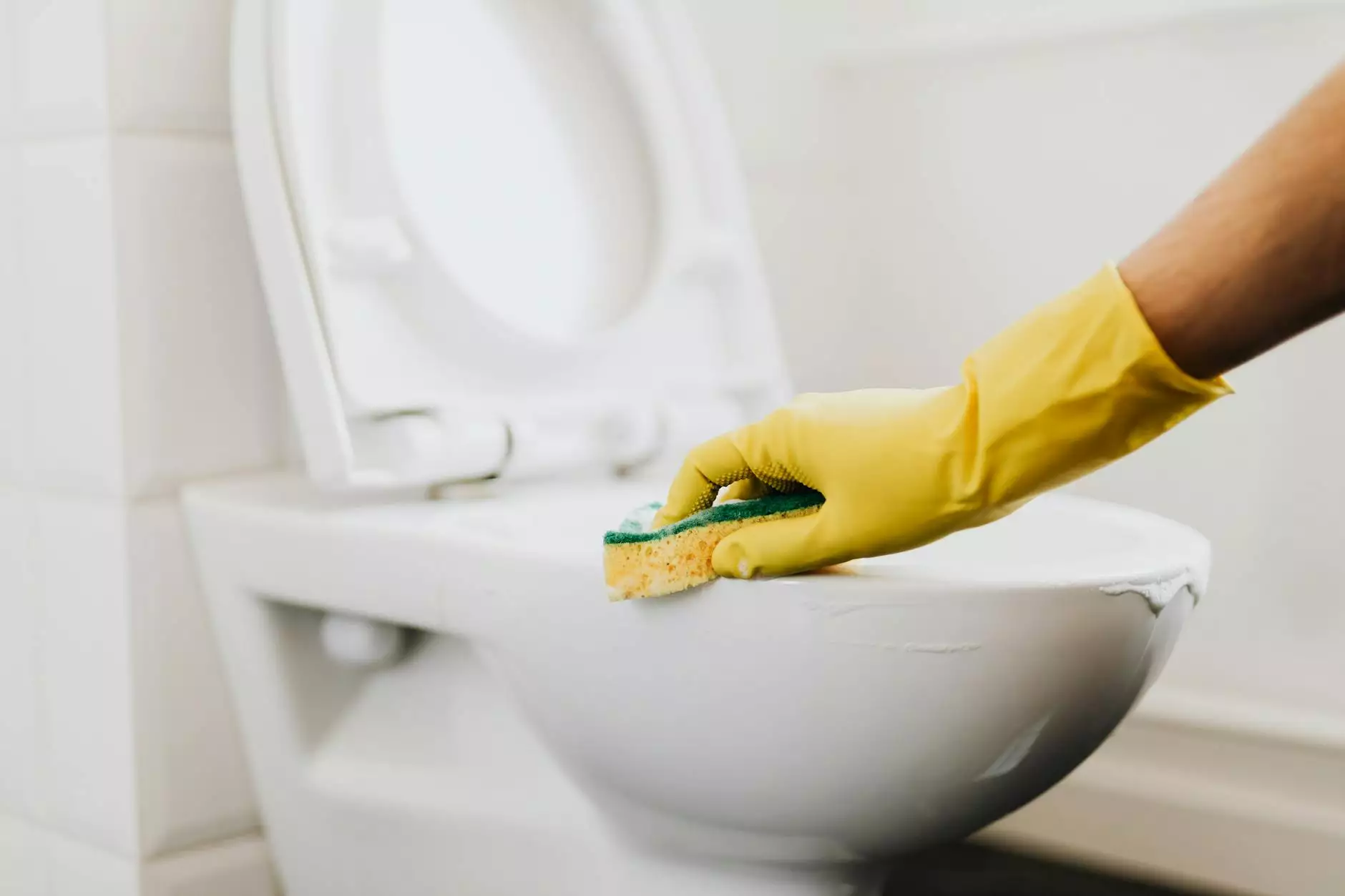The Ultimate Guide to Surgical Instrument Cleaning Detergents

In the world of healthcare, particularly in surgical environments, maintaining optimal hygiene is paramount. It's essential not only for the safety of patients but also for the efficiency of medical practices. One of the critical components for achieving this high standard of cleanliness is the use of surgical instrument cleaning detergents. These specialized cleaners play a pivotal role in preparing instruments for surgery by removing organic and inorganic contaminants.
Understanding the Importance of Surgical Instrument Cleaning
Surgical instruments come into contact with bodily fluids, tissues, and other potentially hazardous materials. If not thoroughly cleaned, they can become vectors for infection, leading to adverse patient outcomes. The significance of using appropriate surgical instrument cleaning detergents cannot be overstated, as they help:
- Prevent Infections: Proper cleaning reduces the risk of surgical site infections (SSIs).
- Enhance Instrument Longevity: Regular use of suitable detergents helps preserve the integrity of surgical instruments.
- Ensure Compliance: Following best practices in instrument cleaning is essential for meeting regulatory standards.
Types of Surgical Instrument Cleaning Detergents
When selecting a detergent for cleaning surgical instruments, it's important to understand the various types available. Each type serves a unique purpose and is formulated to tackle specific cleaning challenges:
1. Enzymatic Detergents
Enzymatic detergents contain enzymes that break down organic matter, such as blood, tissue, and other biological residues. They are particularly effective for cleaning instruments that have been exposed to heavy contamination. The gentle yet effective nature of these detergents ensures that delicate instruments are not damaged during cleaning.
2. Alkaline Detergents
Alkaline detergents are more aggressive and effective at removing inorganic materials and certain residues that enzymatic cleaners may struggle with. They work by saponifying fats and breaking down mineral deposits, making them ideal for surgical instruments that see rigorous use.
3. Neutral Detergents
Neutral detergents provide a mild cleaning action that is safe for cleaning delicate instruments. They help in maintaining the shiny finish of stainless steel and are less abrasive than their alkaline counterparts, making them an excellent choice for routine cleaning.
4. Disinfectant Detergents
For added protection, many facilities utilize disinfectant detergents, which not only clean but also kill a broad range of pathogens. These products are essential in environments where infection control is critical, ensuring that instruments are not just visibly clean but also microbiologically safe.
Choosing the Right Surgical Instrument Cleaning Detergent
Selecting the appropriate cleaning detergent involves several considerations that ensure both effectiveness and safety:
- Material Compatibility: Different surgical instruments may have unique cleaning requirements based on their materials (e.g., stainless steel, plastic). Always verify the compatibility of the detergent with the instrument material.
- Type of Contamination: Consider the type and level of contamination the instruments have experienced. Heavily soiled instruments may require enzymatic or alkaline detergents.
- Environmental Impact: Reputable brands often formulate their detergents with biodegradable components. Opt for detergents that minimize environmental impact while ensuring efficiency.
- Regulatory Compliance: Choose products that meet industry standards and regulations to ensure patient safety and institutional compliance.
Best Practices for Cleaning Surgical Instruments
Understanding how to use surgical instrument cleaning detergents effectively is just as crucial as selecting the right product. Here are best practices that should be followed in every surgical setting:
1. Pre-Cleaning Process
Before immersing instruments in a cleaning solution, perform a thorough pre-cleaning. This may involve rinsing instruments to remove gross contaminants. Tools like brushes can aid in reaching difficult areas but avoid using metal brushes that can scratch instruments.
2. Follow Manufacturer Instructions
Each cleaning detergent comes with specific usage instructions including dilution ratios, contact time, and rinsing requirements. Following these guidelines is essential for optimal results.
3. Ensure Proper Soaking
When soaking instruments in cleaning solutions, it is important to allow sufficient time for the detergent to work effectively. Avoid placing too many instruments in one solution to ensure proper exposure to the detergent.
4. Rinse Thoroughly
After cleaning, thoroughly rinse instruments with clean water to remove any detergent residue. This helps in preventing potential chemical reactions during sterilization and ensures instruments are safe to use.
Storage and Maintenance of Surgical Instruments
Once cleaned, the way surgical instruments are stored also impacts their longevity and readiness for use:
- Dry Instruments Properly: Ensure all instruments are completely dry before storage to prevent corrosion.
- Use Proper Storage Solutions: Store instruments in a manner that minimizes contact with each other to avoid scratches.
- Regular Inspections: Periodically inspect instruments for wear and damage to ensure they are safe for use.
Conclusion
In conclusion, the significance of utilizing the right surgical instrument cleaning detergents cannot be underestimated. They are essential not just for ensuring the efficacy of surgical procedures but also for maintaining patient safety. By understanding the different types of detergents available, following best practices, and ensuring proper storage, healthcare facilities can greatly enhance their hygiene protocols.
Investing in quality surgical instrument cleaning detergents is a step towards ensuring a safer, more effective surgical environment. At medalkan.com, we provide a range of high-quality medical supplies, including trusted brands of detergents and cleaning agents tailored for the healthcare industry. Contact us today to learn more about how we can support your medical practice with reliable cleaning solutions.









